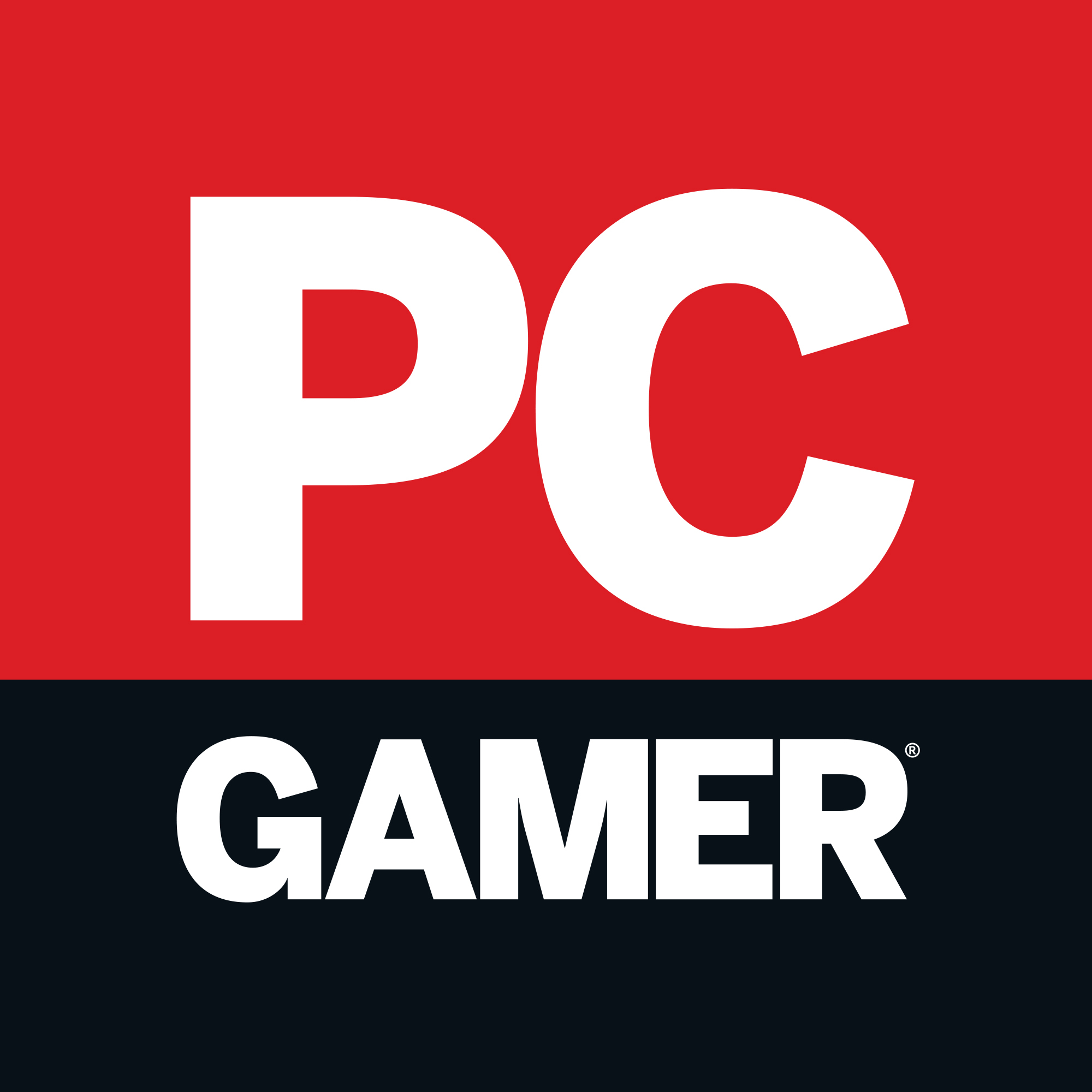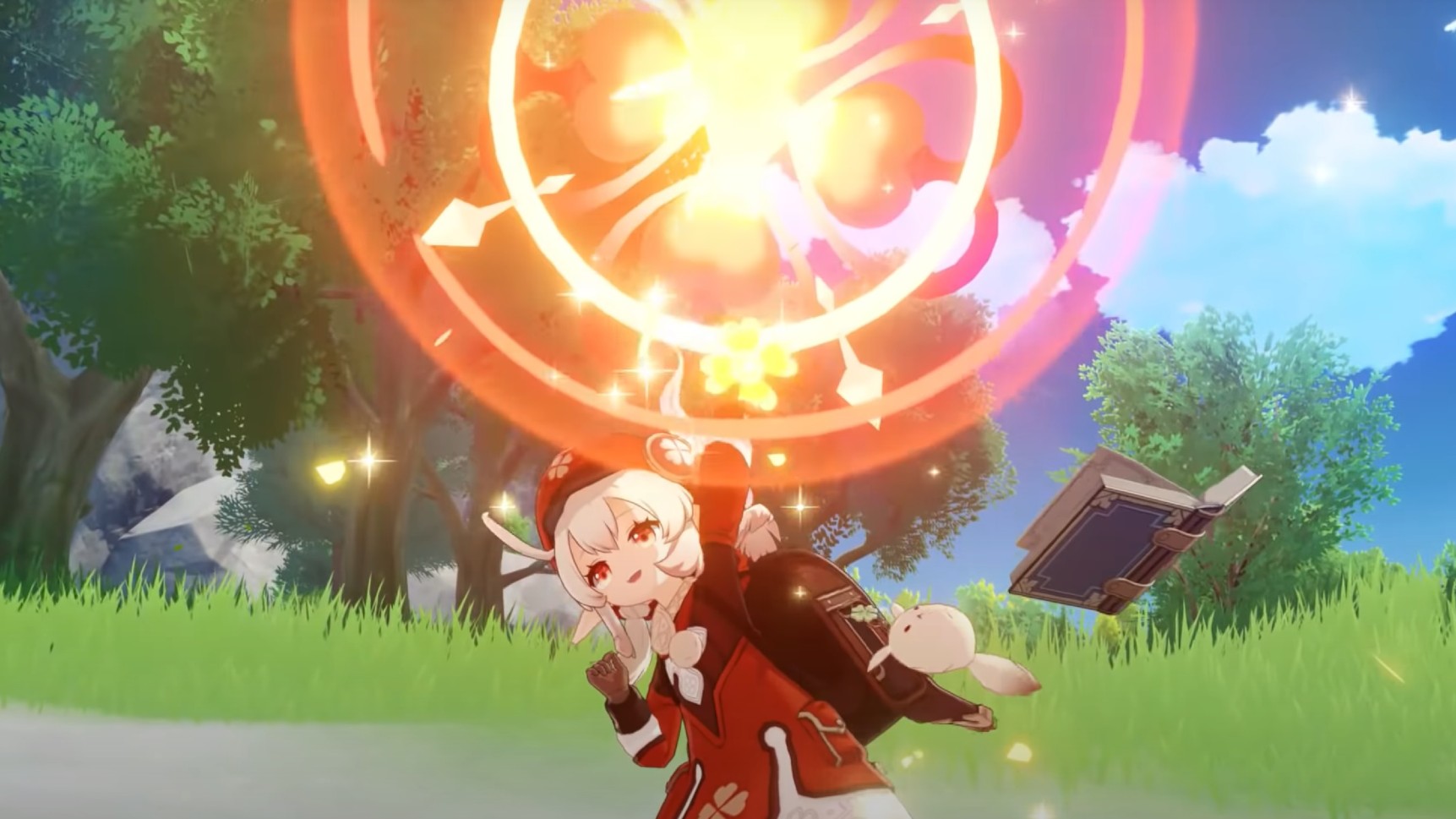
Now that it's finally time to take Old Man 2020 out back and put a kindly bullet in the back of his head, it's also time to take stock of what happened this year in the world of PC gaming, and what it might mean for us in the years ahead.
It was the year game conventions went online and game companies started to normalize working from home. PC gaming won the console war, and the reward for that victory was the promise of more formerly exclusive Sony games coming to our platform. Companies that once seemed coated in teflon, like Blizzard and CD Projekt Red, made decisions that alienated some of their most devoted fans. The Oculus Quest 2 made virtual reality more attainable, and shortages made graphics cards less attainable. And that's just skimming the surface of an eventful 12 months.
Here are some of the events of 2020 we think will have significant impacts on the future of PC gaming. Like all predictions, there's a risk that something completely unexpected might come along and drastically alter everything we think we know, but what are the odds of that happening two years in a row? Pretty slim, right?
Please say the odds are slim.
Microsoft bought Bethesda, Game Pass kept getting better
In September, Microsoft CEO Satya Nadella presumably sold all the junk clogging up his inventory to a friendly khajiit, took the resulting $7.5 billion and acquired Zenimax Media.
Microsoft buying Bethesda has concerning implications for PlayStation owners, but what matters to us in PC gaming land is Bethesda's games coming to Game Pass. Doom Eternal arrived on Game Pass for PC on December 3, less than nine months after release, while Starfield and The Elders Scrolls 6 will be available there at launch. And so will games from Microsoft's other acquisitions like Obsidian, Double Fine, inXile, Mojang, Ninja Theory, Rare, and the list goes on.
Other subscription services have been hampered by tying themselves to streaming technology that, as Google Stadia showed, is a ways off reliability. Honestly, it feels even further away to me than VR going mainstream at this point. Microsoft cut that Gordian knot by running a subscription service that just lets people download the games, and then keeping it stocked with things they want to play. To do that, they'll be acquiring more developers in the future. —Jody Macgregor
Keep up to date with the most important stories and the best deals, as picked by the PC Gamer team.
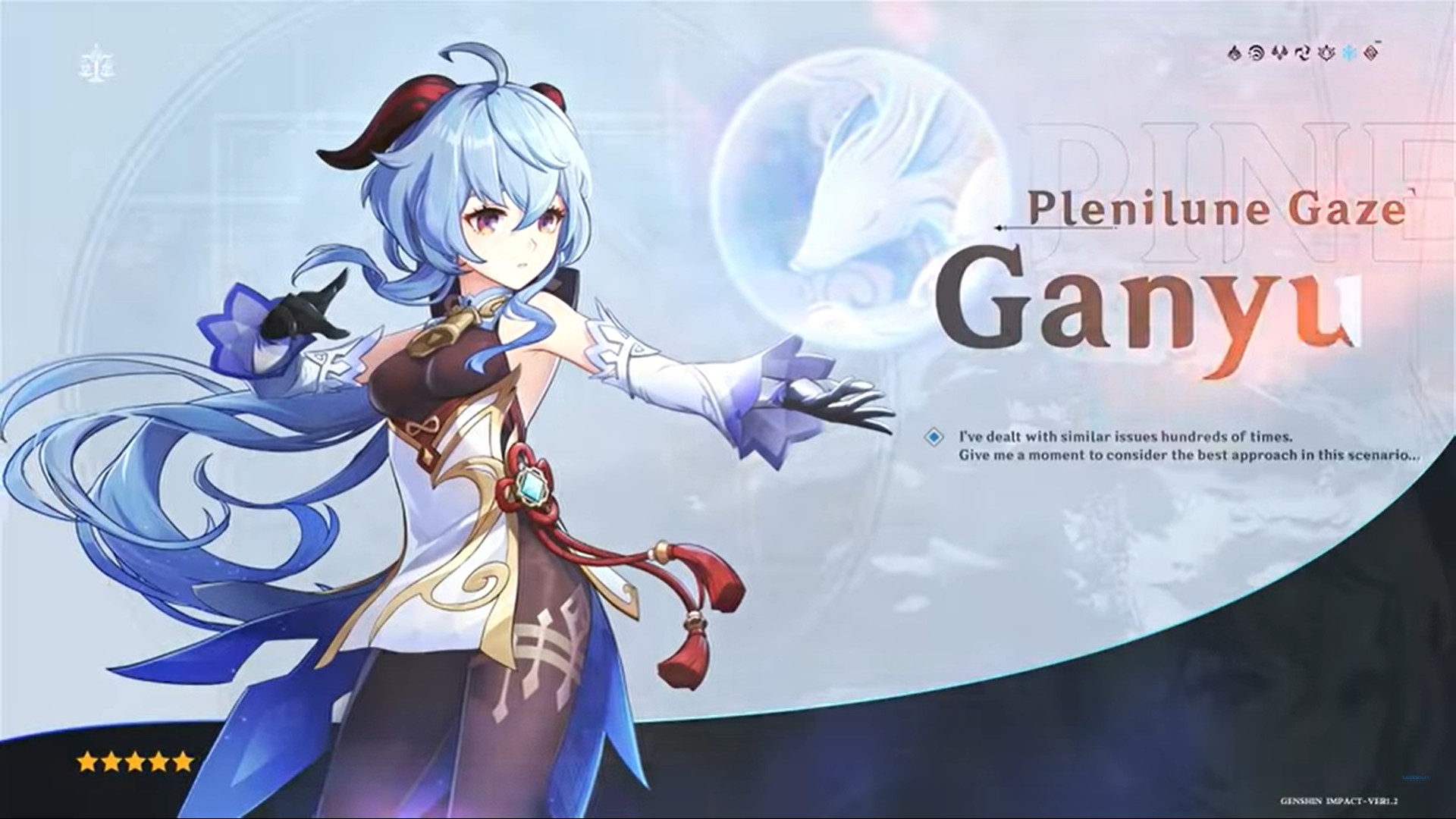
Genshin Impact made shady microtransactions even more mainstream
Genshin Impact is an incredibly fun and charming Breath of the Wild clone, but my love for it exists in spite of its predatory microtransactions. Unless you're extremely lucky, new characters cost hundreds of dollars to get and thousands more to fully level up. On paper it's pretty gross, but unlike a lot of free-to-play games Genshin Impact doesn't stop players from enjoying the game unless they pay up. In fact, you could sink hundreds of hours into it without so much as glancing at its in-game store and still have a great time.
Before Genshin Impact, gacha games were only found on mobile app stores, and though they've been popular for years, I think Genshin Impact is going to herald a lot more of them arriving on PC and consoles. And, yeah, that's kind of a bad thing. While Genshin Impact might be uncommonly generous in how it presents and structures these microtransactions, I doubt the games that will follow in its wake will. I'm fully expecting that in future years, more than a few games will try to mimic Genshin Impact's success but ham it up with more in-your-face microtransactions without Genshin Impact's surprisingly great core gameplay. I wouldn't be surprised to see big-budget games from well-known studios also experiment with this model.
It might sound like pearl clutching, but that's how these things work. A game strikes big with a particular financial model and a bunch of copycats try to recreate that success. And I'm willing to bet that Genshin Impact's lasting influence on the games industry won't have much to do with its game systems or approach to open-world exploration and everything to do with how it's managing to pull in $6 million a day. —Steven Messner

Among Us became an unlikely hit two years after release
If we'd done 2020 PC gaming bingo cards, absolutely no one would've had "2018 indie game goes from modest mobile success to cultural phenomenon." Among Us became the go-to social event for teens and Discord communities. It put "sus" in the popular lexicon. A Congresswoman streamed it. It became staggeringly popular, staggeringly quickly.
As I wrote when I broke down how Among Us became so popular, there were many derivations of the folk game Mafia before Among Us came along. This one just happened to have the right execution, and the luck, to take off in 2020. The lesson of Among Us isn't that legions of copycat games are going to try to ape its exact path to success. The lesson is that PC gaming is more unpredictable than ever. There's no single path to success. A game doesn't have to hit the top charts on Steam, or check all the big budget open world boxes, or hell, even have marketing. The new hotness is just as likely to be some old hotness just waiting for its serendipitous moment. Whatever we expect to be the biggest game of 2021 or 2022? We're almost certainly wrong. —Wes Fenlon
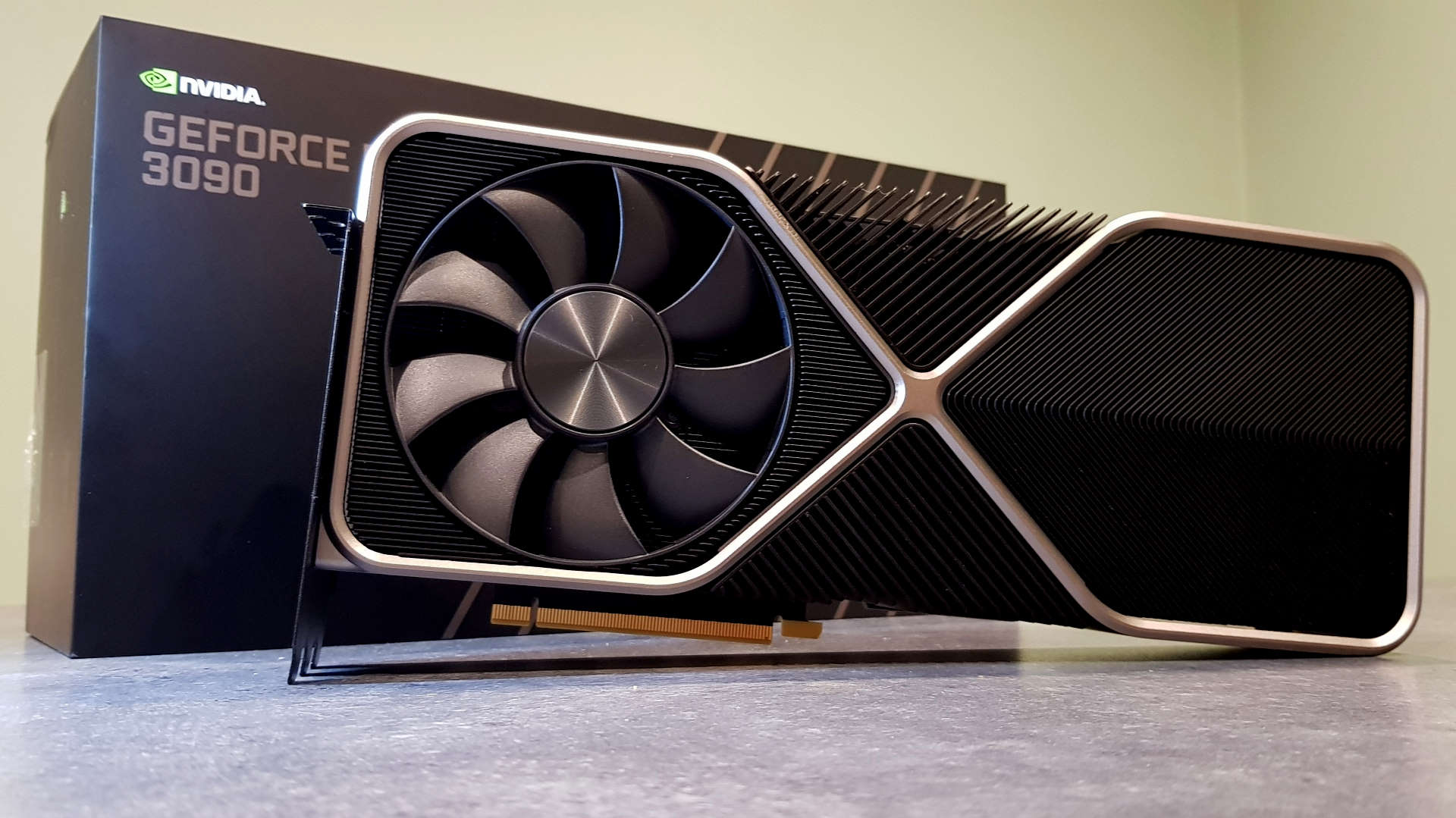
Hardware scalpers made out like bandits
From Lysol wipes to gaming consoles, 2020 has taught us a lot about economics, mainly supply and demand. With the recent release of Nvidia's impressive RTX 30-series GPUs, PC gamers have found themselves scrambling for a chance to buy one, only to have their hopes crushed by a scalper.
Playing off the collective FOMO, scalpers have been able to make a ridiculous amount of money reselling RTX 30-series cards with comically large markups online. Bots scripted to scoop up GPUs as soon as they become available to have been a nightmare for the average gamer looking to upgrade.
This has forced online retailers all over to reevaluate how to handle big hardware releases to ensure that the stuff they sell ends up in someone's rig instead of a shady storage unit waiting to be sold online for triple the price. —Jorge Jimenez

Epic took on Apple
After the ungodly sum of money it made on Fortnite, Epic went from quiet but successful engine maker to excitable UFC fighter looking for brawls. First, it took on Steam by launching the Epic Store and calling out Valve's 30 percent revenue take. Steam doesn't seem worse for wear really, but Epic has established its store as competitive, largely by throwing money at free game giveaways. And now it's going after Apple, challenging the tech giant's requirements for apps that release on iOS devices—namely, the requirement that they use Apple's payment processing, and give Apple 30 percent of their revenue, including revenue that comes from in-game purchases.
The way Epic started this fight was bold, to put it one way: It circumvented Apple's iOS payment system, waited for the consequences from to come, and then filed its lawsuit. We're still waiting for that legal fight to play out, but it'll be precedent-setting. Either it's fine for Apple to own a big portion of a hardware market and force anyone who makes software for that hardware to use its payment system (and give it a cut), or Epic will be vindicated with a ruling that allows it to offer its own payment system on iOS devices. Epic also went after Google for similar reasons, but Google argues that Android devices are different, in that they don't restrict users to one store the way Apple does with its App Store. —Tyler Wilde
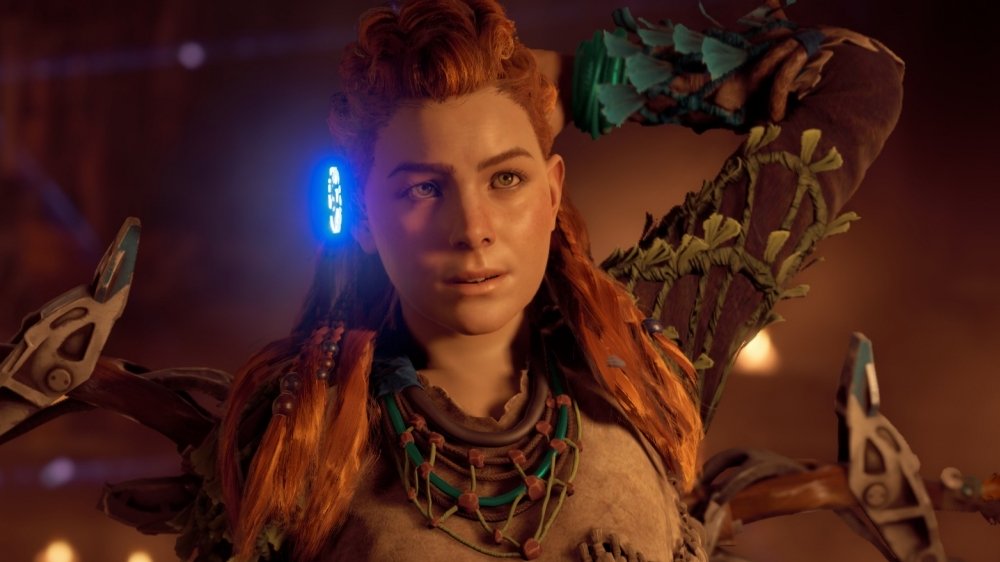
Sony finally ported a first-party game to PC
Horizon: Zero Dawn came to PC, sold well, and Sony said in a corporate report that it's going to explore following that up with more. As big first-party games become more and more expensive to make, it almost seems inevitable—why miss out on selling an extra million copies or so by porting a game to PC? On the other hand, Sony's flagship games like The Last of Us and God of War are key reasons why many people buy its hardware. But I'm optimistic; I don't see PS5 sales going down just because some Sony exclusives get PC ports six months or a year later, and a little delay is fine by me if it means playing some of the most decadent games around at 144 fps. —Wes Fenlon
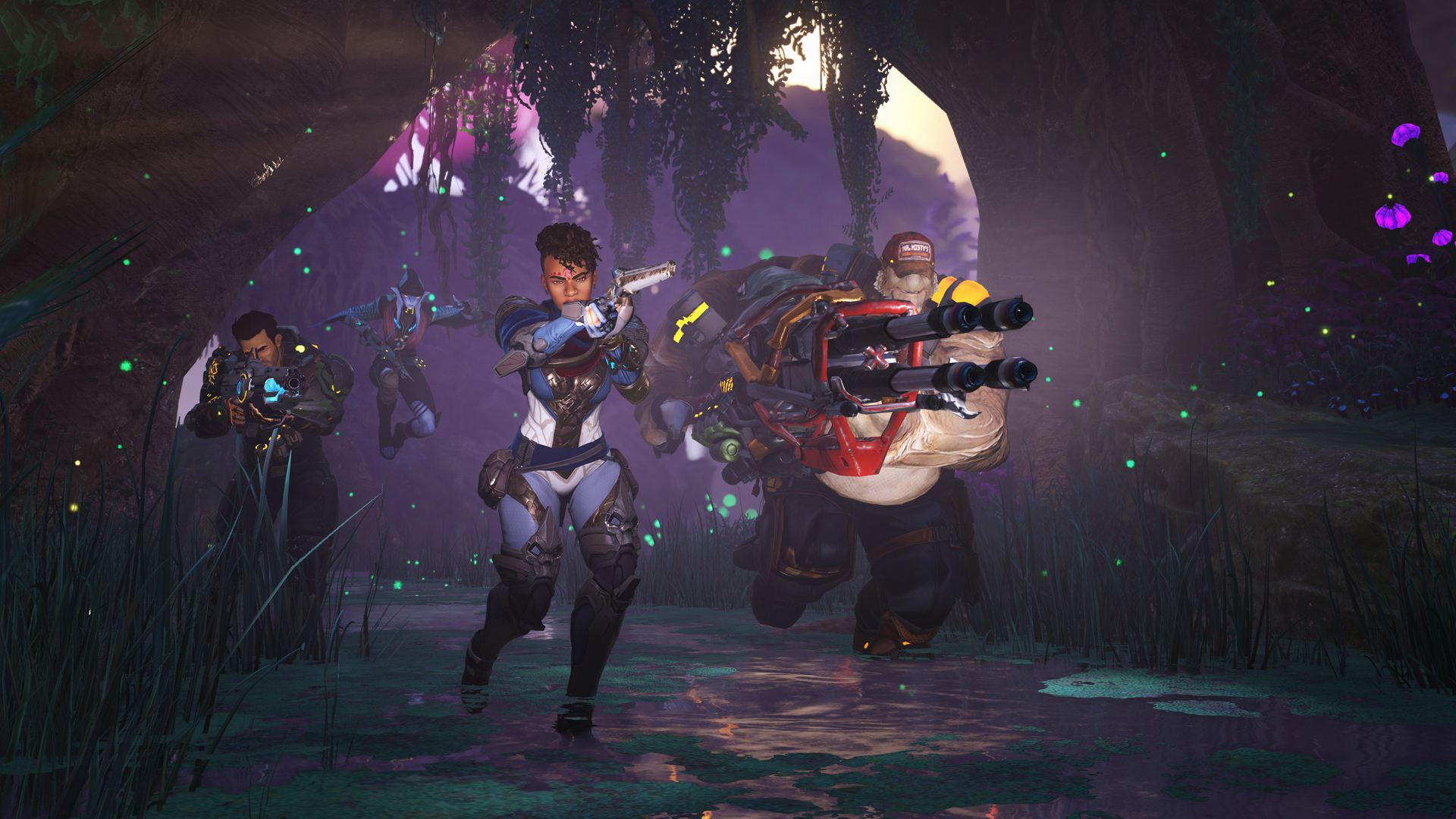
Crucible released, went back into beta, then backed slowly out of the room
Amazon, the company that throws cardboard boxes at my door, put out a game this year. It was called Crucible and I reviewed it. It wasn’t great (hence the 48 out of 100). Crucible was a strange blend of hero shooter and PvPvE on a map that was very big and boring. There was potential in its hero design and battle royale mode, but it didn’t take long for Amazon to lose faith that developer Relentless Studios could turn things around.
A small player base stuck around after Crucible's unsuccessful launch, even as Crucible removed two of its core modes. Only a month after launch, Relentless decided to un-release Crucible back into closed beta. Regular updates pointed toward positive change, but the project was only given a few months of slack before Amazon finally killed Crucible in October. The Crucible saga was a stark reminder that not even a major corporation like Amazon can brute force its way into a successful service game if the game itself is lame. —Morgan Park
SSDs go mainstream
Solid state drives may be commonplace inside most modern gaming PCs, but with the release of the Xbox Series X, Series S, and PlayStation 5, super-fast storage is now truly standard in most gaming machines.
There are a few possible benefits that come with that. More universal adoption of speedy storage helps cut down on unnecessary loading screens, and developers have already shown an interest in utilizing high-bandwidth drives to their advantage when crafting the ever more complex puzzle pieces of modern games. In terms of hardware, we're seeing prices continue to drop for high-capacity drives, driven by high demand and competition.
So if you haven't made the switch to solid state already, now's the time. —Jacob Ridley
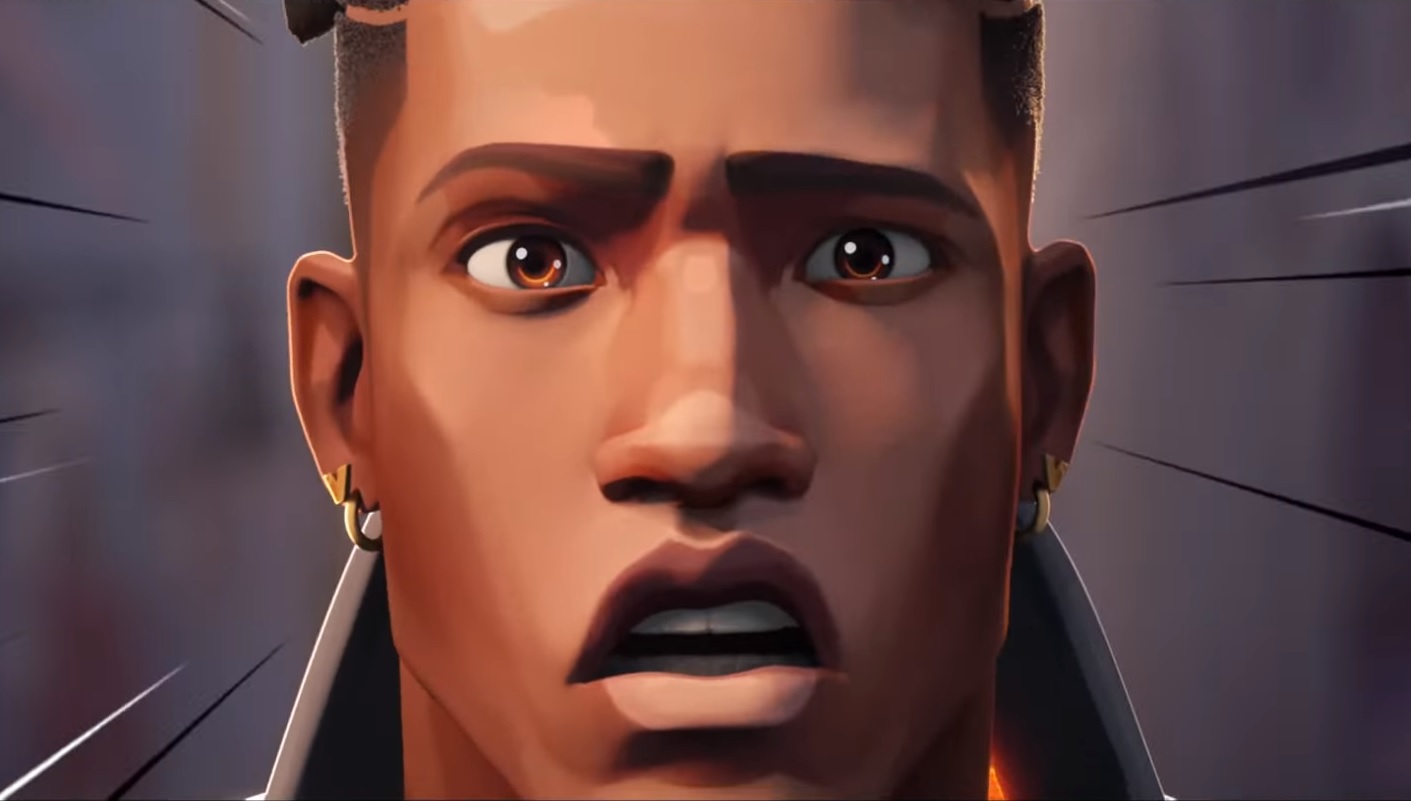
Hey, every genre: Riot is coming for you
With Valorant, Riot proved something I thought was impossible: Counter-Strike's tactical purity could be cloned and re-engineered into something new, fresh, and still-fun. The lean structure of CS could absorb the addition of unique characters, turrets, ultimate abilities, goddamned portals, and still retain enough of the DNA that makes CS an archetype.
Valorant is still gaining momentum (remember: CS:GO wasn't even more popular than older versions of Counter-Strike until a year after it launched), but other studios across the industry should take notice: Riot's first crack at making a competitive FPS was impressive. As CS:GO ages, Valorant could conceivably unseat it as the most-watched competitive esport. But more significantly, Valorant raises our expectations and interest in Riot's full-court-press of other projects. Now that we know Riot's also working on a fighting game, an action-RPG, a TV series, and oh yeah, an MMO, we see that the company's ambition is to mirror Blizzard's multi-genre lineup of service games. —Evan Lahti

Cloud gaming continued lurching forward
While cloud gaming has been lurching forward in spurts for years now, I've only really paid attention to it out of obligation. I'm happy to go broke over a flashy gaming PC, and I couldn't see any room for the cloud in my gaming habits. But this year I became a bit of a convert.
Google's streaming bid, Stadia, launched late last year to a mostly disinterested world, but more and more big players are starting to take cloud gaming seriously and trying to find better ways to get people invested in yet another platform. Microsoft, for instance, has shrewdly connected Xbox Cloud Gaming to Xbox Game Pass Ultimate, which will soon be expanding to PC and iOS, so customers will get a large library of games that they can play even when they find themselves tragically parted from their PC or Xbox.
Unlike Google, Microsoft sees how cloud gaming can be slotted into existing ecosystems and used to improve them, rather than replacing them. I'm never going to swap my hardware for Stadia, but I'm starting to see how the cloud could be a convenient addition.
It's GeForce Now, however, that got me to actually dive in. Like Microsoft, Nvidia's found a way to coexist with traditional platforms. Instead of buying games from Nvidia and using yet another library, most of the games you'll play will come from other stores. GeForce now simply lets you play the games you already own via the cloud. There are some concessions. Image quality isn't quite 1:1 yet, though with a fast enough connection you'll rarely notice the difference. It's also limited to 1080p, unlike Stadia, but streaming games in 4K comfortably is still beyond a lot of users.
What GeForce Now does offer, though, outweighs those limitations. That's been clearer than ever during this graphics card shortage. Cyberpunk 2077 launched and nobody could find a new RTX GPU, leaving a lot of people without improbably shiny surfaces and next-gen lighting. GeForce Now lets you see all that regardless. Suddenly a streaming service offered me something my actual gaming PC couldn't. I'm now genuinely excited about its future, even if I'll still be buying a 3080 the moment I find one. —Fraser Brown
The collective PC Gamer editorial team worked together to write this article. PC Gamer is the global authority on PC games—starting in 1993 with the magazine, and then in 2010 with this website you're currently reading. We have writers across the US, UK and Australia, who you can read about here.
